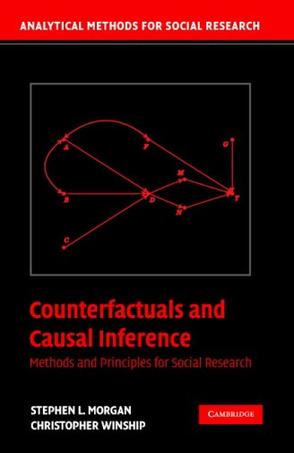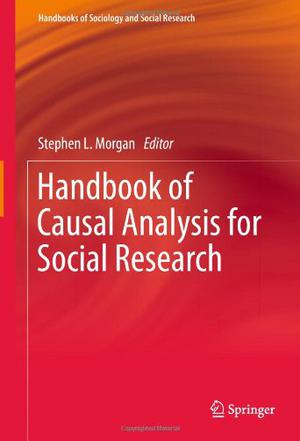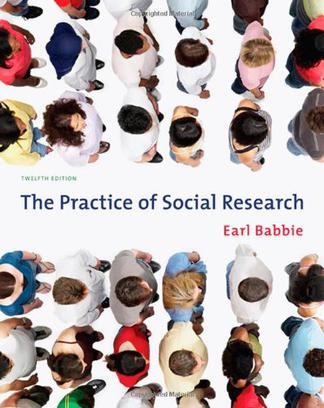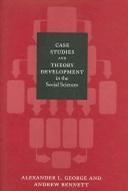-

Case Study Research
Case Study Research: Principles and Practices aims to provide a general understanding of the case study method as well as specific tools for its successful implementation. These tools can be utilized in all fields where the case study method is prominent, including business, anthropology, communications, economics, education, medicine, political science, social work, and sociology. Topics include the definition of a 'case study,' the strengths and weaknesses of this distinctive method, strategies for choosing cases, an experimental template for understanding research design, and the role of singular observations in case study research. It is argued that a diversity of approaches - experimental, observational, qualitative, quantitative, ethnographic - may be successfully integrated into case study research. This book breaks down traditional boundaries between qualitative and quantitative, experimental and nonexperimental, positivist and interpretivist. -

Making Social Science Matter
Making Social Science Matter presents an exciting new approach to the social and behavioral sciences including theoretical argument, methodological guidelines, and examples of practical application. Why has social science failed in attempts to emulate natural science and produce normal theory? Bent Flyvbjerg argues that the strength of social sciences lies in its rich, reflexive analysis of values and power, essential to the social and economic development of any society. Richly informed, powerfully argued, and clearly written, this book opens up a new future for the social sciences. Its empowering message will make it required reading for students and academics across the social and behavioral sciences. -

Counterfactuals and Causal Inference
Did mandatory busing programs in the 1970s increase the school achievement of disadvantaged minority youth? Does obtaining a college degree increase an individual's labor market earnings? Did the use of the butterfly ballot in some Florida counties in the 2000 presidential election cost Al Gore votes? If so, was the number of miscast votes sufficiently large to have altered the election outcome? At their core, these types of questions are simple cause-and-effect questions. Simple cause-and-effect questions are the motivation for much empirical work in the social sciences. This book presents a model and set of methods for causal effect estimation that social scientists can use to address causal questions such as these. The essential features of the counterfactual model of causality for observational data analysis are presented with examples from sociology, political science, and economics. -

Handbook of Causal Analysis for Social Research
Causal inference is a fundamental goal of social research, and it has been a topic of methodological research for decades. The evaluation of social science theory cannot proceed without assessing the sizes of entailed cause-effect relationships. Policy research cannot be conducted without estimating the impacts that follow from policy interventions. Unfortunately, for most social science research, controlled experimentation is not possible. And, when experimentation is feasible, it is often only possible in artificial contexts and for subjects who are not the representative of the target populations for inference. Tremendous progress has been made in the past 15 years in the causal analysis of non-experimental data, also known as observational data. The proposed handbook aims to explain this progress and then demonstrate how to use state-of-the-art methods for causal analysis in basic and applied empirical scholarship. The methods involve defining causal contrasts using counterfactual definitions and then estimating differences across individuals while maintaining clear assumptions about these contrasts. This approach allows for advanced forms of regression and multivariate case-matching, as well longitudinal differencing techniques, and instrumental variable estimation based on the occurrence of natural experiments. In the tradition that will be explicated in this handbook, substantial attention will also be devoted to representing underlying assumptions using causal graphs. -

The Practice of Social Research
-

Case Studies And Theory Development In The Social Sciences